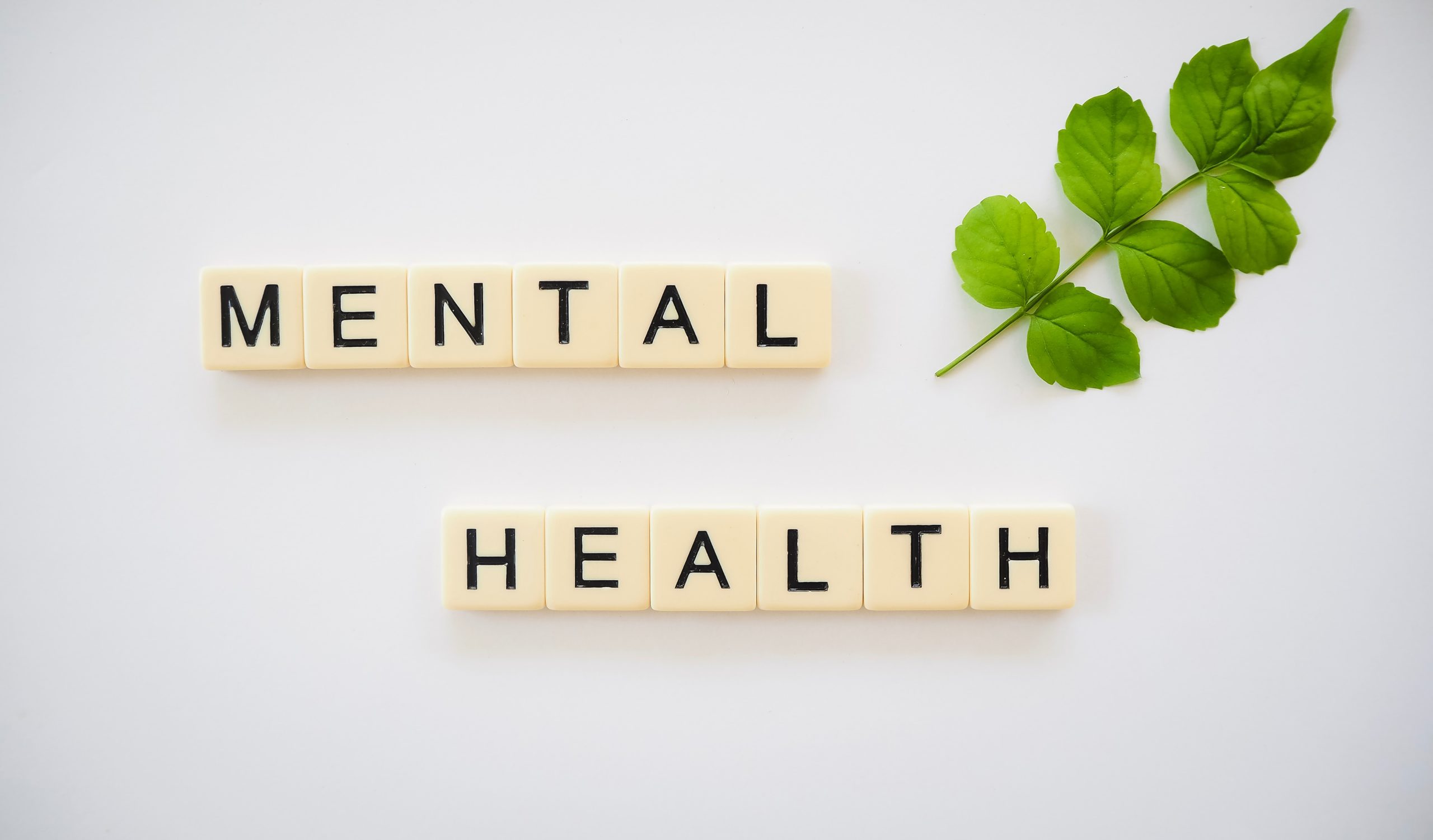Many of us take longer than necessary to make an appointment with our doctor. We wait and see if the problem will fix itself. We don’t want to feel as though we are making an issue out of nothing. We often wait until the problem has worsened and can no longer be ignored before we pick up the phone. This is especially true when dealing with a potential mental health issue and is one reason why the average delay between initial symptoms and treatment is over 10 years.
People may delay making an appointment for a number of reasons:
- They may feel embarrassed or ashamed.
- They don’t fully understand their thoughts or feelings or how to communicate them.
- They are worried about explaining their symptoms or becoming upset at the appointment.
- They are worried about what a diagnosis could mean for them.
- They are afraid they won’t take them seriously or that they will be wasting someone’s time.
Mental health: Do you need to see someone?
Everyone’s symptoms will differ slightly, but common signs that something isn’t right to include:
- Changes in appetite
- Mood swings or irritability
- Panic attacks
- Feeling anxious or worried a lot of the time
- Issues with concentration
- Not enjoying things like you used to
- Crying for no clear reason
- Problems with your sleep
- Struggling to get out of bed or avoiding work and social outings
- Seeing or hearing things that aren’t there
- Feeling paranoid
- Having negative thoughts about yourself
If you have noticed any of these changes over the last few weeks or months, you should consider making an appointment with your doctor.
Preparing for your appointment. Before the appointment, make some notes to take with you. This can ease some anxiety you may have about having to explain your feelings and help you feel prepared.
Some things to note would be:
Why you made the appointment. Symptoms of how you’re feeling and how these feelings are affecting your everyday life. Any medication or supplements you currently take and any other mental or physical health conditions. Any significant, upsetting or stressful events that have happened in the past year or so.
You may also want to note down questions to ask your doctor, such as:
- What type of mental health problem might I have?
- What treatment is available?
- How long might treatment take?
- Are there any lifestyle changes I can make to help?
- What information resources are available?
- What should I do in an emergency?
In addition to your questions, never be afraid to ask for clarification if you don’t understand something your doctor has said.
You can also bring a family member or friend to the appointment with you for support if this will make you feel more at ease.
Some things to remember
Remember, your doctor is here to listen and help, not to judge. We have experience with challenging conversations and responding calmly to a range of emotions.
If you need to speak to us about your mental health, you won’t be the first or the last. One in five adults is affected by mental health, yet less than half will seek treatment. This is something we aim to change by encouraging more honest and compassionate discussions around mental health.
If any of this has resonated with you, please do not hesitate to seek help and advice from your doctor. If you feel you need to seek help more urgently, the National Institute of Mental Health has a list of resources and helplines for those in crisis.

